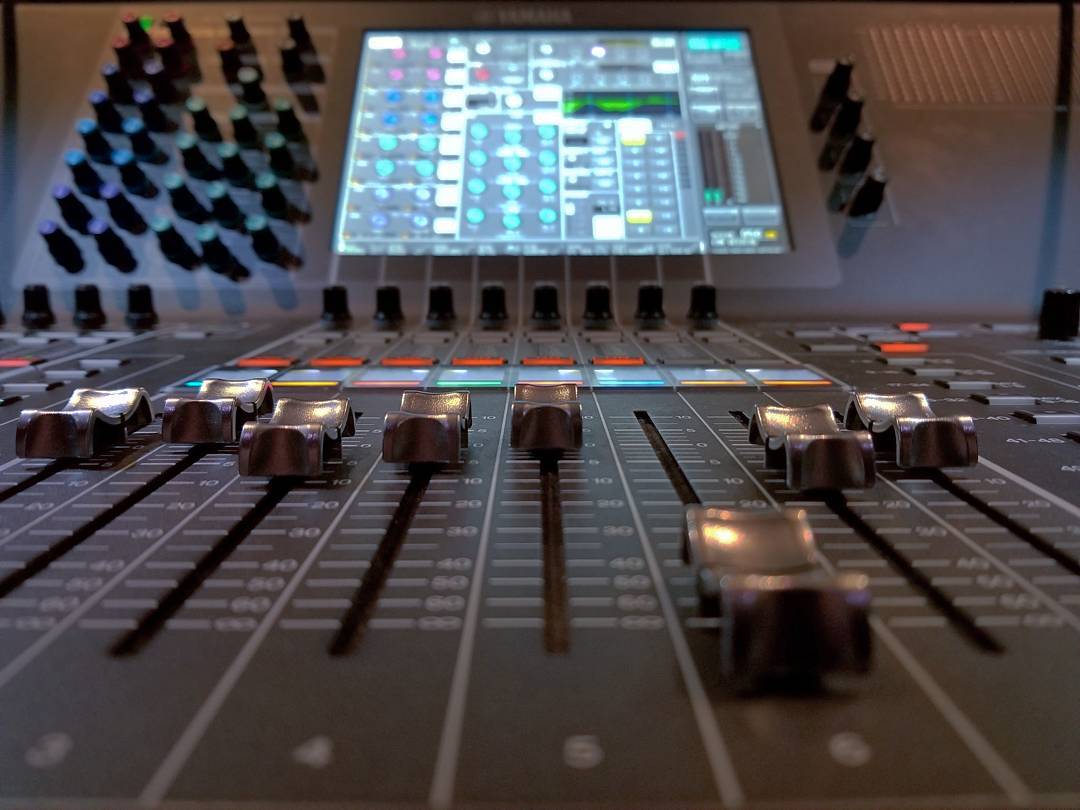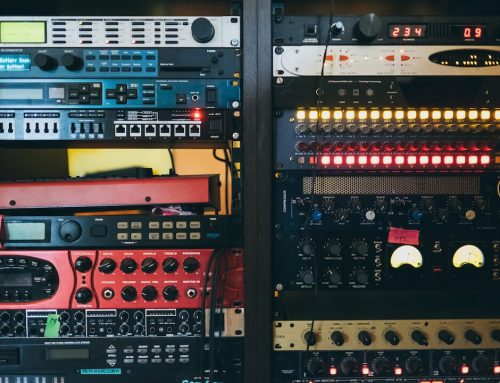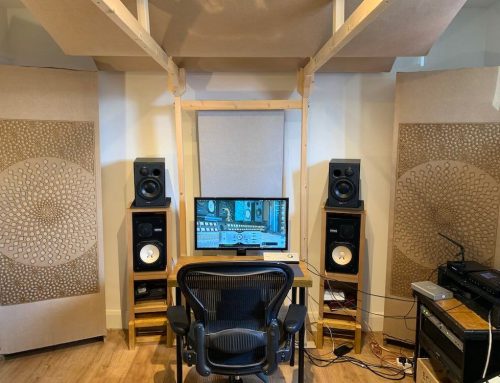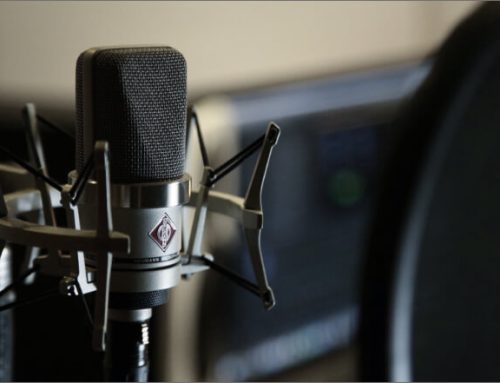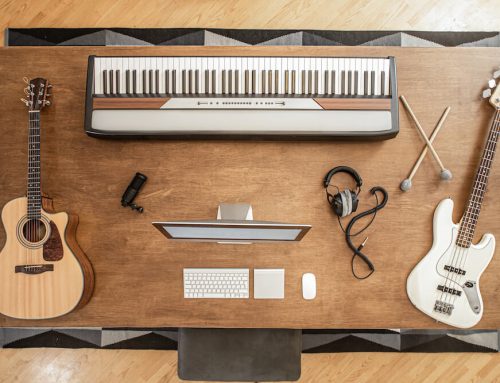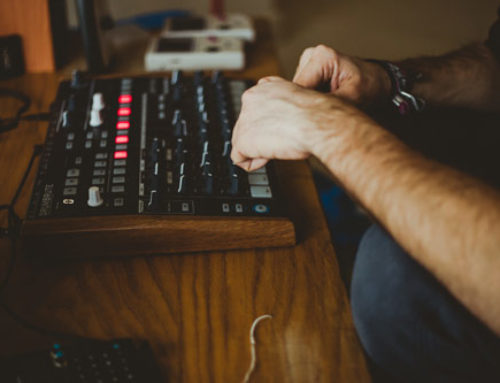If you’re anything like me, you enjoy high-quality experiences: things like music, movies, sports, food… you name it. Things that, when performed with skill and precision, are truly a joy to behold. Usually, to pull it off requires lots of preparation, practice, and discipline. It’s rarely very easy to achieve great results without plenty of effort. As many people say, “There are no shortcuts to success.” Why is it then, that so often we’re tempted to take shortcuts in the studio? We all want to be successful at making great art, right? I’m here to inform you (or remind you) of the value and importance of excellence in your craft.
Making tough decisions isn’t always fun in the middle of a session. It might spark a bit of conflict. Sometimes, we just don’t want to have to deal with a particular problem when it comes up. Often, the allure or pressure of moving on to something new or more exciting can tempt us and pull us away from making some key decisions in the moment. Or maybe it’s just unclear who is ultimately calling the shots. “We’ll fix it in the post.” “I’ll get that in the edit.” “I’m sure the mixing engineer can clean it up!” “The mastering engineer will put their voodoo magic on it.” Any of these sound familiar? All excuses to avoid what I would consider being opportunities.
What opportunities await us on the other side of these sometimes difficult or even confrontational decisions? The chance to make your project as great as it can be! How’s that? First of all, it’s important to understand that how we address issues as they arise will ultimately affect the quality of the end product. And each decision we make, good or bad, does add up. This is true for everyone involved and at every step in the process. It doesn’t matter if you’re the songwriter, producer, or any kind of studio engineer. Don’t be afraid to speak up and take some ownership. It’s much better to speak up when a problem arises than to move on and always wish you’d addressed it after it’s too late. Just don’t be a jerk about it.
I’m talking about everything from choices in lyrics, composition, mic selection, mic placement, gear selection, mixing decisions, mastering decisions… the list goes on and on. What you may not realize is that, when everyone brings their best to each stage of the “assembly line” of the project, everyone down the line gets to do what they do best, rather than spending their mental and creative energy focused on fixing problems that should have already been addressed. Think about it: The amount of time it takes to properly set the gain on a mic pre where it’s not going to clip during tracking is exponentially less time than it takes to edit or try to repair clipping after the recording has taken place (not to mention less expensive). For another example: If you’re unhappy with the mix, don’t try to put a band-aid on the whole thing with processing on your main bus or master. Instead, get back to the root cause and track down the problem on the individual channel level.
One of the biggest keys here is intentionality. Making informed decisions with a purpose. Not just throwing up a mic, hitting record and hoping for the best. Not just using this compressor, that eq or this tape emulation, “cause that’s what the pros are using.” Ask yourself, “Does this actually sound good?” If not, “What can I do to make it sound better?” The control is in your hands!
Don’t limit yourself or someone else by avoiding problems that are often easily addressed. Also, don’t be discouraged if you’re relatively new to the craft and it feels like there’s a mountain of knowledge ahead of you that will take years to acquire. Even the best in the business are still learning every day and they’ve been at it for decades! Again, there’s no shortcut to success. But there’s also no replacement for experience. You can read books, watch videos and listen to lectures day and night, but until you start putting yourself to work, it’s just information.
I hope these words have sparked some meaningful thoughts for you. I would encourage you to continually ask questions, research and really think about making good, intentional decisions in your next session. Always have a student’s mentality and keep this in mind: Excellence isn’t a race, it’s a marathon.
Adam Chamberlain – Audio Engineer


